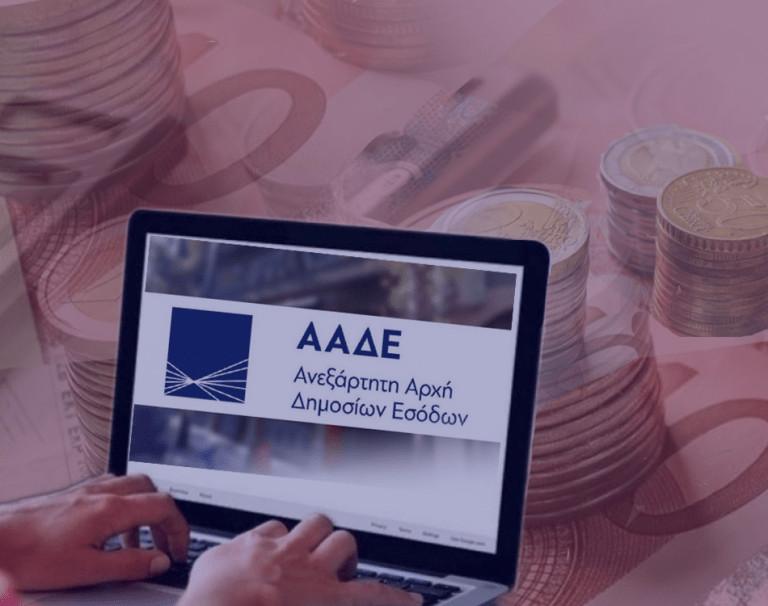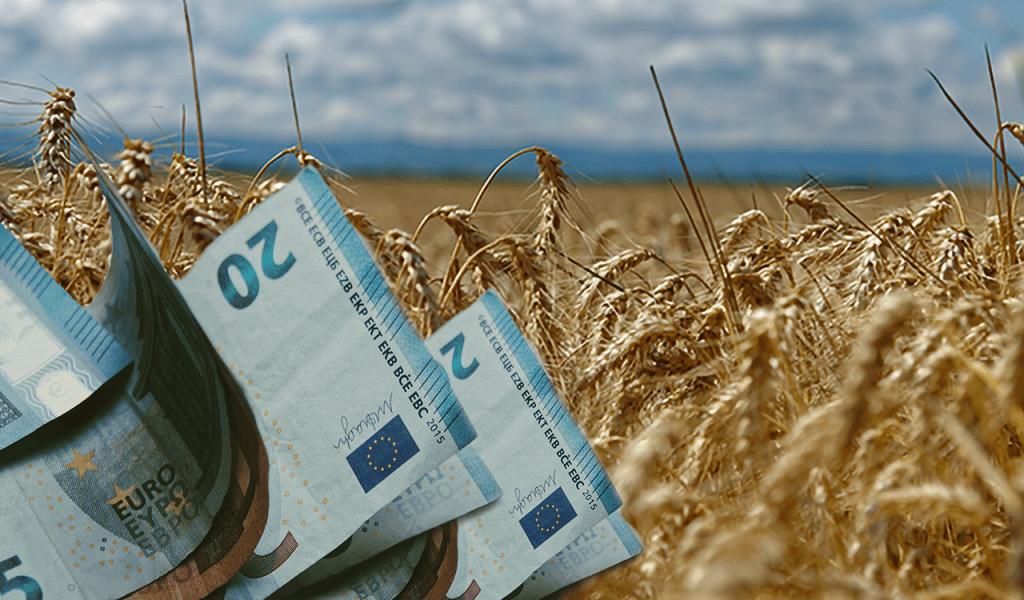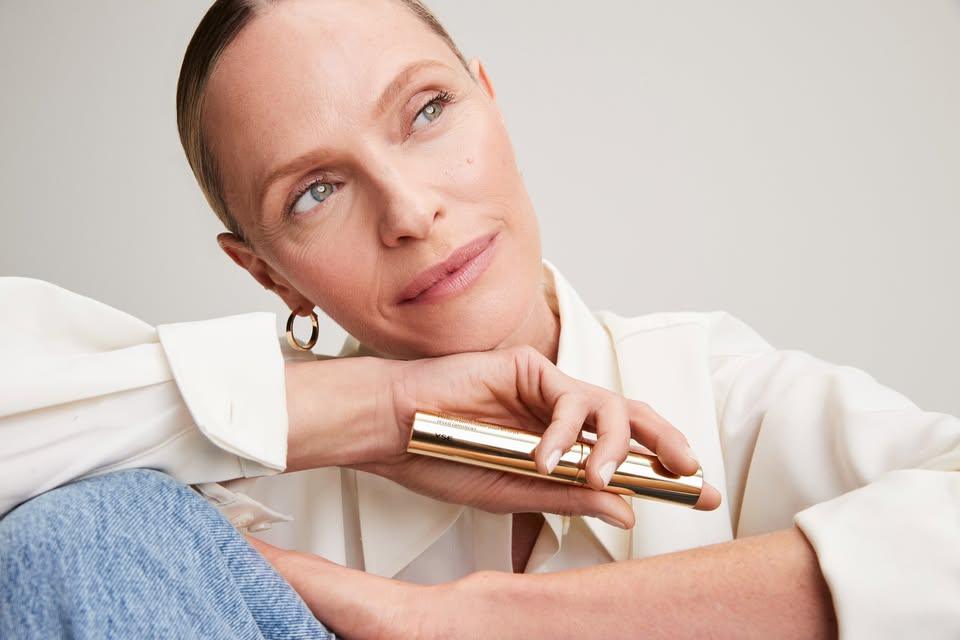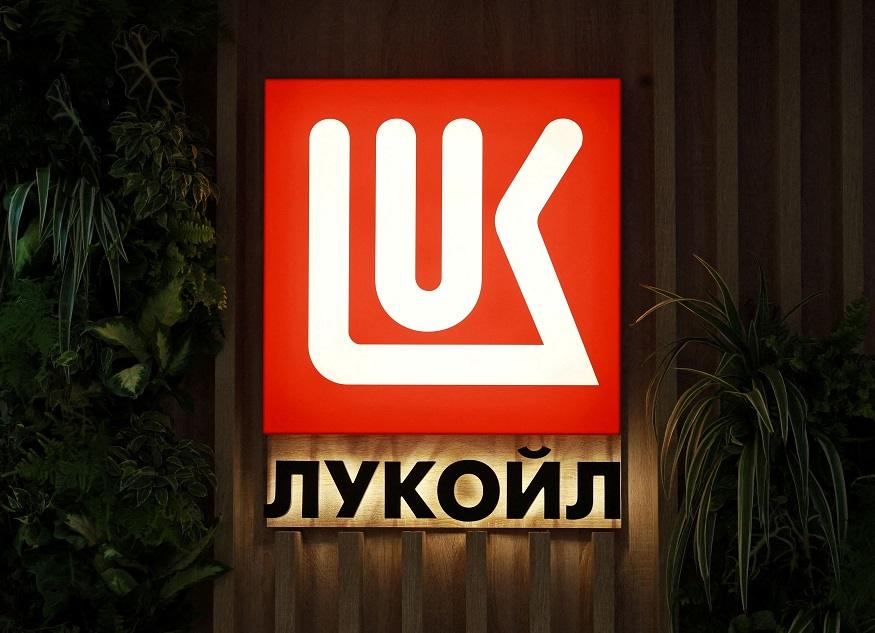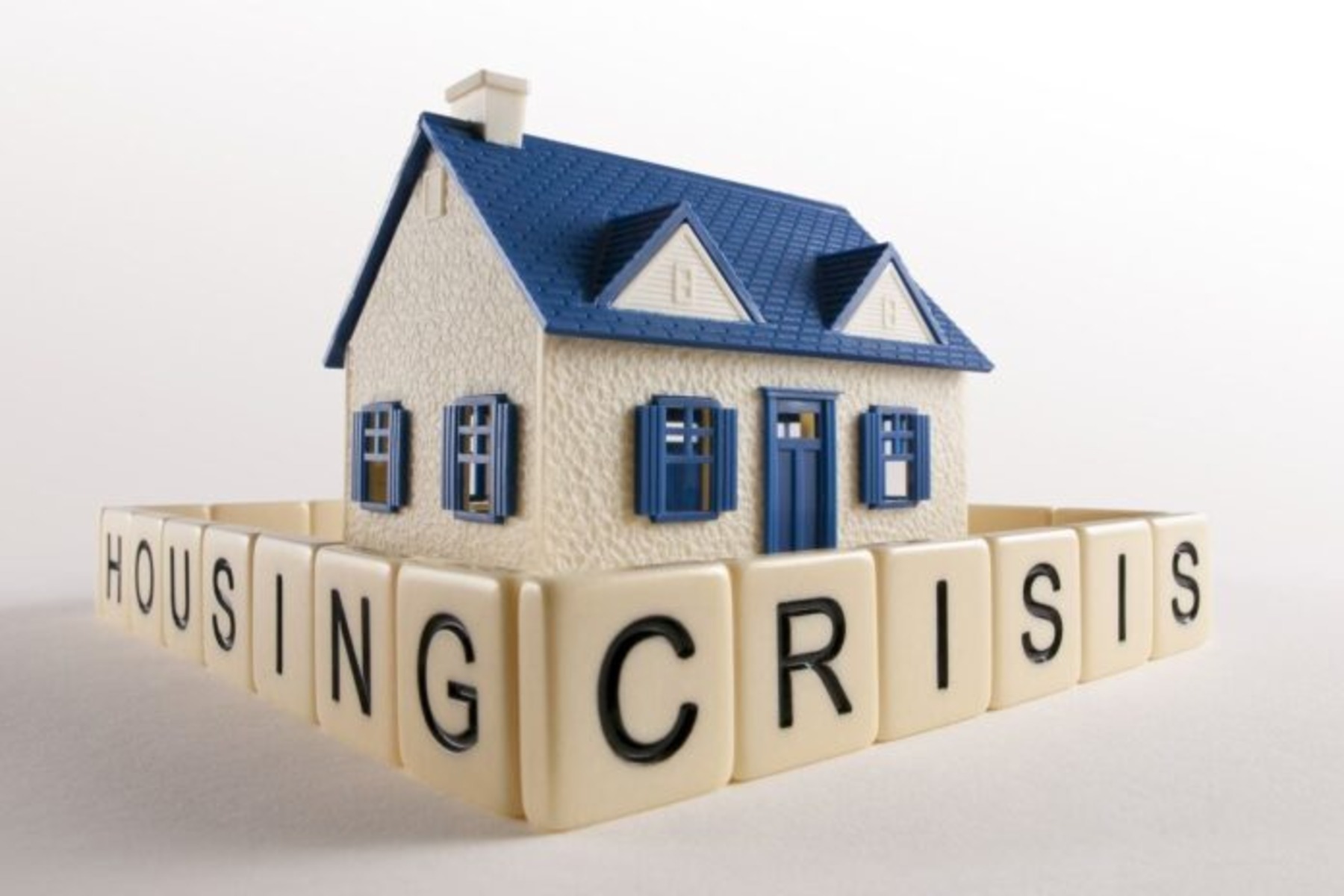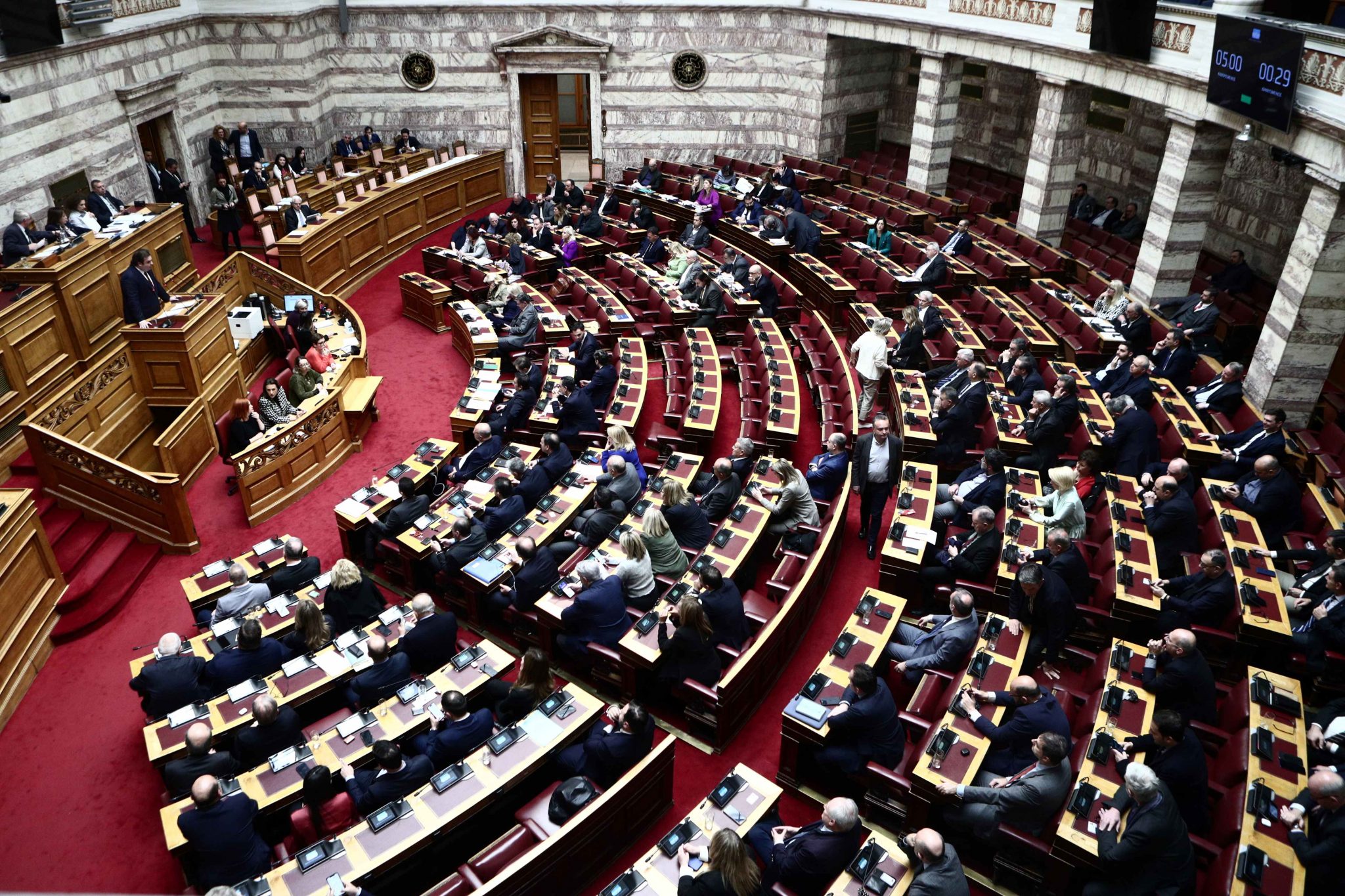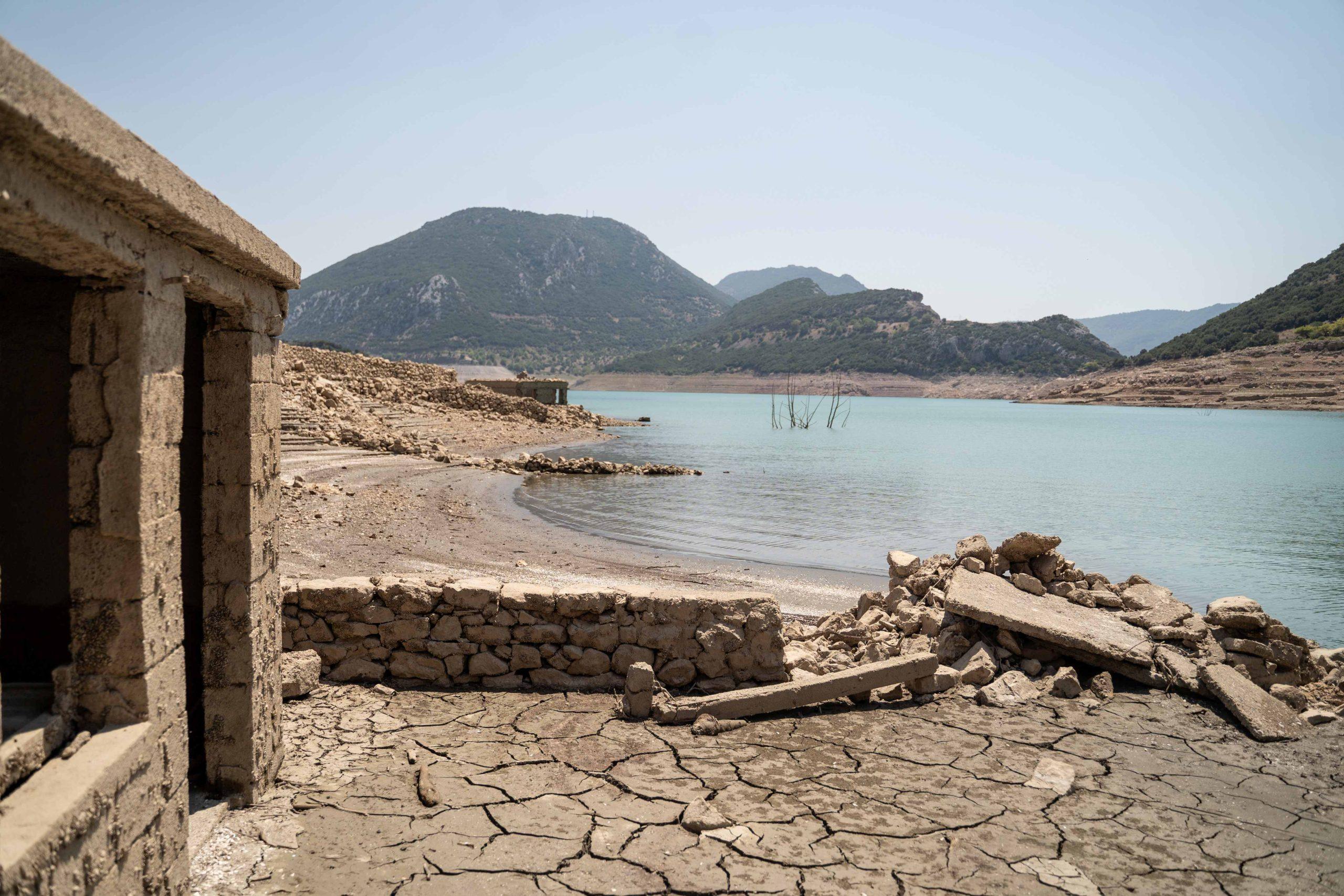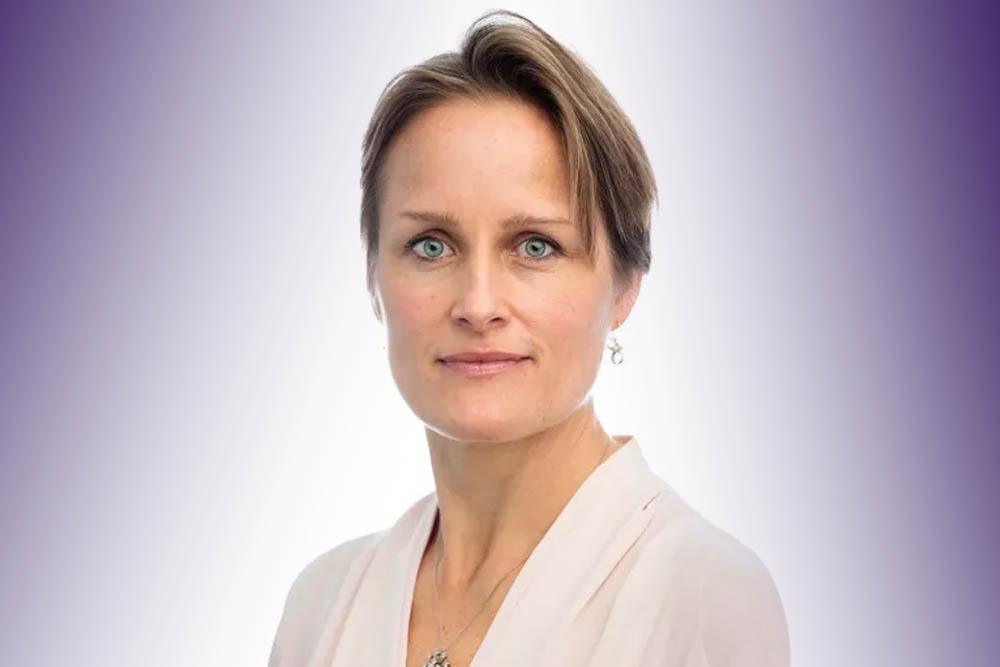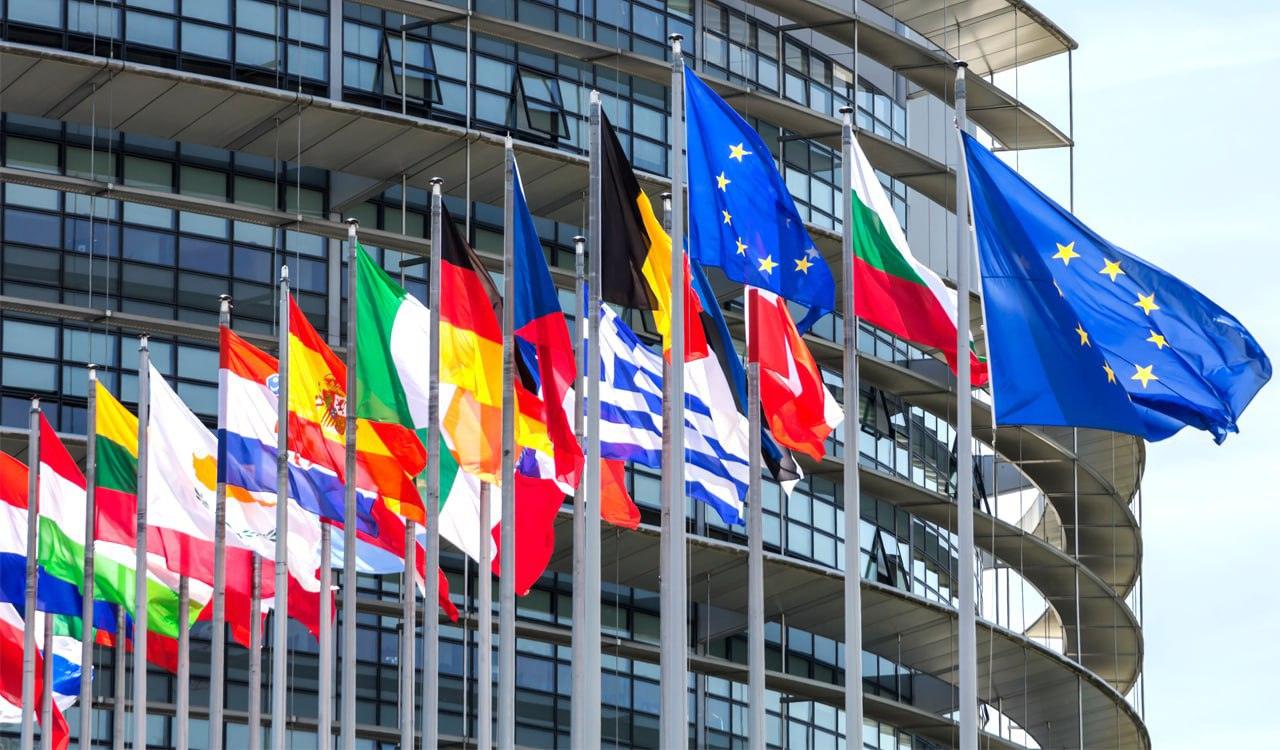Entrepreneurship is the process of creating something new, which has value for the economy and society and requires time and effort. It also requires risk-taking, however the “entrepreneur” is expected to reward by offering monetary benefits or personal satisfaction and independence.
Entrepreneurship means new businesses, new jobs, boosting competitiveness, boosting productivity, boosting innovation – all of which have a multiplier effect on a country’s economic activity and lead to increased GDP, hence the coveted growth.
According to the European Commission, “women’s entrepreneurship refers to companies in which 51% of the property belongs to a woman and the management is run by a woman.”
The President of the Association of Greek Women Entrepreneurs (SEGE) points out that women’s entrepreneurship in Greece is still several steps behind the most developed EU countries. for two main reasons:
(a) due to imbalances in the combination of work and family life, with the main inhibiting factor being deficiencies in the provision of childcare; and
b) due to the inability to find capital to finance investment
Despite the fact that women’s entrepreneurship increased globally, in a total of 54 economies by 1% (on average) in the two years 2018/2019 compared to the previous two years (Global Entrepreneurship Monitor), and the “gap” between the sexes ( ratio of men and women in total business) decreased by 3 percentage points, from 31% to 28% over the same period, inequalities remain high and progress is slow. According to the World Economic Forum in 2019, for every dollar men earn, women earn an average of 54 cents. In Europe, female entrepreneurship is at 30% and according to the World Economic Forum’s 2020 Gender Differences Report, it will take almost 95 years to close this gap.
A recent ICAP study in 2018 for Greece shows that out of a total of 37,750 companies, only 9,468 companies are managed by women either as CEOs or as Managers.
Former Vice President of the European Commission for Entrepreneurship Antonio Tajani stressed in 2010 that there is an urgent need “to support women’s entrepreneurship to promote economic growth as there are huge opportunities that still remain untapped”.
There have been several studies on the characteristics of women entrepreneurs. It is important to mention that women entrepreneurs are distinguished for their vision, their greater team spirit, better combination of intuition and logic, better communication, emotional intelligence, and more thinking about the necessary resources. They also appear to be more conservative in leverage, taking less risk and facing a greater fear of failure than men. A crucial point that must be taken into account and has been emphasized by all studies, is the lower chances of funding, as stated by the president of SEGE. Typically, according to a Credit Suisse Report, in 2017, all men attracted about 80% of the capital while companies founded by women received only 2% of the funding.
Objective 5 of the 17 targets set by the UN explicitly addresses the need for gender equality and states “We achieve gender equality and the emancipation of all women and girls”. Among the sub-objectives we note 5.5 which explicitly states “Ensuring full and effective participation as well as equal opportunities for women to take the lead in all levels of decision-making in political, economic and public life.” Therefore, the urgent need to empower women to this level is now recognized.
Especially regarding our country, it is a fact that Greek women still face many prejudices in the workplaces which, although, having been pointed out many years ago, unfortunately still exist. Some of these prejudices, in order that have been recorded in the past, state that career success is more important for men, women are quirky / strange, women have to take care of home and children and men have to make money, women have difficulty making decisions, men should not have women bosses, entrepreneurship is a purely male affair, and that women are less fit for business than men.
Greek women are among the most educated women, both in Europe and worldwide. They are a source of talent, which is a key factor in creating productive wealth, therefore growth. The economic crisis and the pandemic are an opportunity to promote policies to strengthen the institutional framework and the development of financial instruments, but also policies to support women.
The McKinsey Institute points out that gender equality could add $ 12 trillion to the global economy by 2025, and this could even top $ 28 trillion. Research from the Harvard Business Review shows that women are better than men in terms of leadership skills. Women score higher than men in crucial skills such as teamwork, innovation, and problem solving.
In conclusion, despite the progress made in female entrepreneurship, it is clear that there must be more drastic policies, especially in the direction of financing women entrepreneurs, creating networks with potential investors and business mentors. Education is a catalyst for changing existing attitudes and prejudices against women. Unfortunately, prejudice is the most difficult to overcome, as it draws on deeply-rooted beliefs. However, the emergence of successful women entrepreneurs and the promotion of policies for the development of women entrepreneurship can play an important role in the gradual removal of reservations and skepticism towards women entrepreneurs.
* Konstantina Kottaridi, Associate Professor, University of Piraeus, Director of the BSc in Bioeconomics, Circular Economy and Sustainable Development, Director of the Laboratory of Bioeconomics, Circular Economics and Sustainable Development


